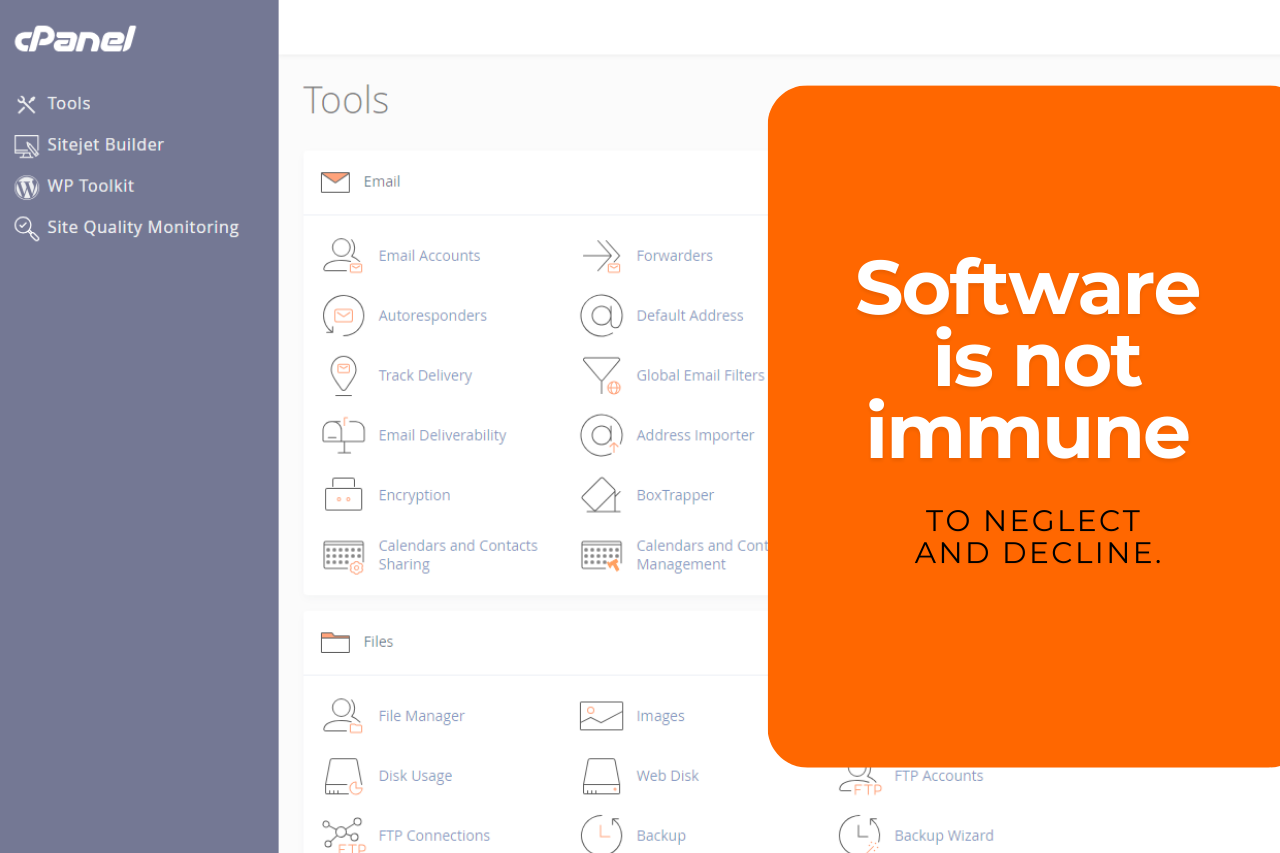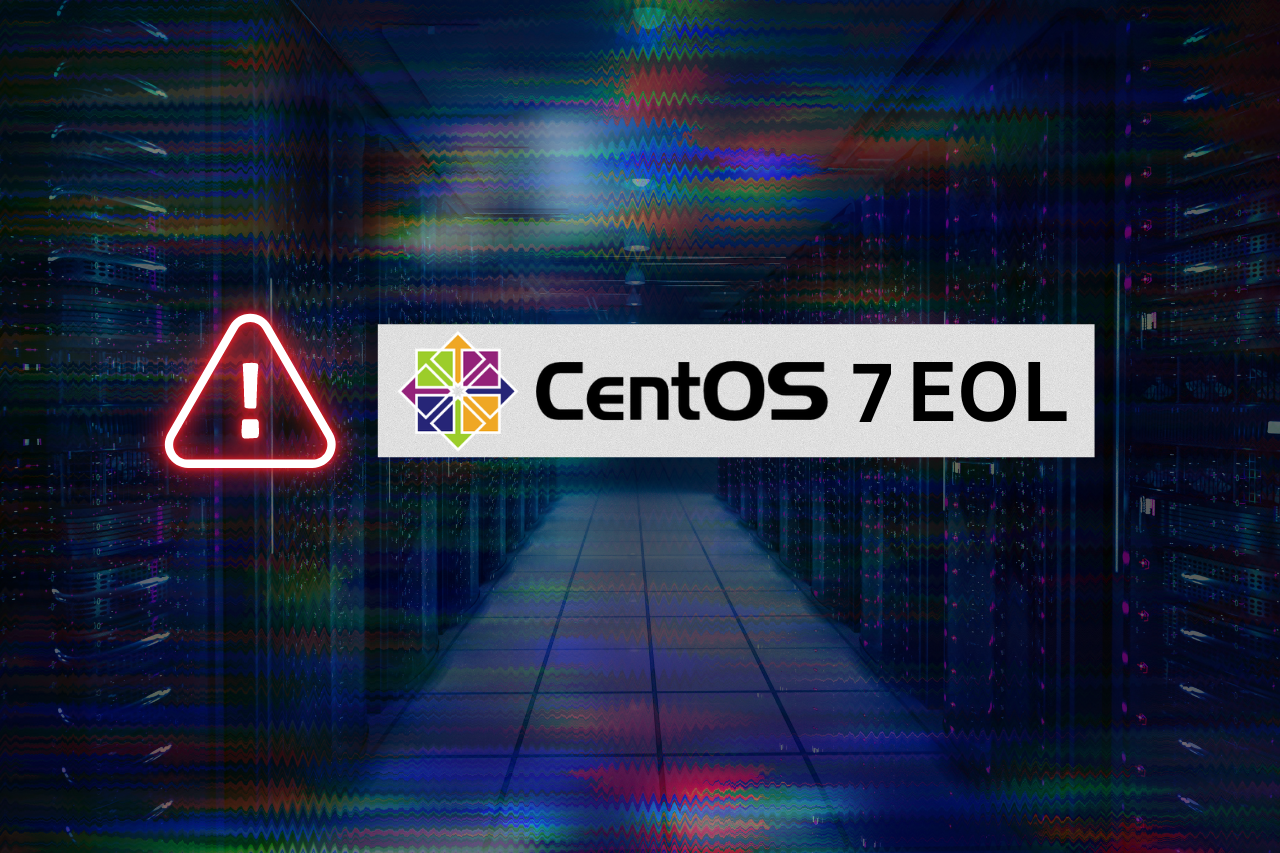What is an SSH key? – Why is it better than plain text passwords?
The best way to secure your business data is by preventing unauthorized access.
Security is paramount when it comes to online business. These days, we have passwords for almost everything. You possess sole rights to your web accounts and the associated information with password data. Passwords are an excellent way to secure your account, especially if you use a password manager. However, passwords are not 100% safe. In fact, with technological advances, hackers are finding smarter ways to get around passwords and hack into unsuspecting accounts. This is where the SSH key comes in handy. In this article, we will define an SSH key and help you understand why it is a better security and privacy option than plain text passwords.
What is an SSH Key?
SSH stands for Secure Socket Shell. It is a security protocol that employs an asymmetric key-based encryption system. In other words, a set of keys are used to encrypt and decrypt data. This is also known as asymmetric cryptography, which uses a pair of keys: private keys and public keys.
Let’s break this down further…
With asymmetric cryptography, you can send a message without the concern of it being leaked. This security system requires two keys to work: public and private. The public key is often used to encrypt the data, and the private key is used to decrypt (unlock) the encrypted data. When a message is encrypted using a public key (one key in the pair), only the corresponding private key (the other key in the pair) can decrypt it.
Like the password system, an SSH system is used to authenticate login and can even be used with password authentication. It offers a higher layer of security when you remotely log in to a server from anywhere or your computer. What is important is knowing what command to use to generate an SSH pair. If you are wondering what an SSH key may look like, it usually consists of binary ciphers – a long string of digits. An SSH key might look like this:
BAAAB3NzaC1yc2EAAAABIwAAAQEA879BJGYlPTLIuc9/R5MYiN4yc/YiCLcdBpSdzgK9Dt0Bkfe3rSz5cPm4wmehdE7GkVFXrBJ2YHqPLuM1yx1
CUxIebpwlIl9f/aUHOts9eVnVh4NztPy0iSU/Sv0b2ODQQvcy2vYcujlorscl8JjAgfWsO3W4iGEe6QwBpVomcME8IU35v5VbylM9ORQa6wvZM
DrPECBvwItTY8cPWH3MGZiK/74eHbSLKA4PY3gM4GHI450Nie16yggEg2aTQfWA1rry9JYWEoHS9pJ1dnLqZU3k/8OWgq
JrilwSoC5rGjgp93iu0H8T6+mEHGRQe84Nk1y5lESSWIbn6P636Bl3uQ== [email protected]
SSH Keys vs. Plain Text Passwords
As mentioned earlier, plain text passwords are great but not entirely safe. They can be hacked, especially if you log into a clone site with your password. If you use one password for everything, it is even riskier because once hackers get a hold of your password, they can use the same password to easily access your other accounts.
Another thing about password authentication that makes it less secure is that when you use your password for authentication, it is sent directly to the server, making it more vulnerable to hackers. Additionally, system administrators in the companies you work for can see your passwords, and sometimes, they might even be stored in the company’s database. If a hacker gains access to this database, they would most likely have access to your password, too.
What about having to create unique passwords for everything and struggling to remember them? SSH keys, on the other hand, are not without cons. However, compared to password authentication, they are more secure and much more complex. Let’s look at some pros of SSH authentication over plain text passwords.
Pros of SSH Authentication Over Plain Text Passwords.
Now that you know what an SSH key is, will you be trying it? Remember that plain text passwords have a higher risk of exposure. Your business depends largely on efficient security. If you have more questions or are looking for solutions on how to harden your website’s security, contact us today, and we will assist you immediately.


